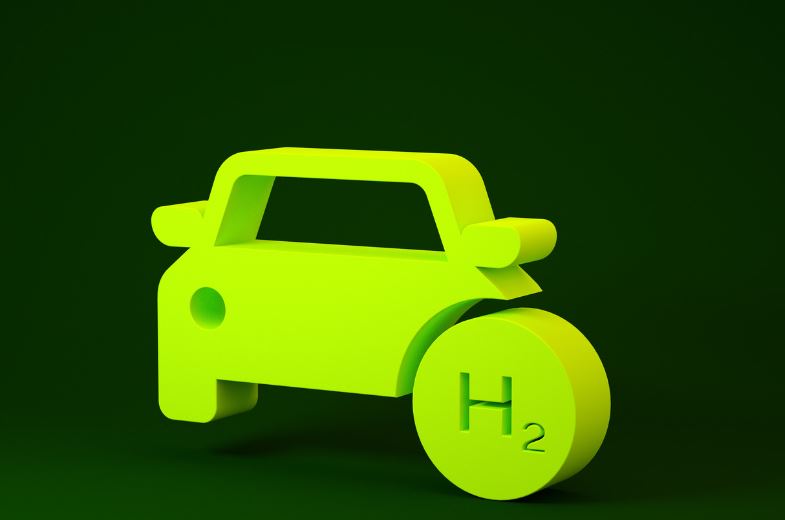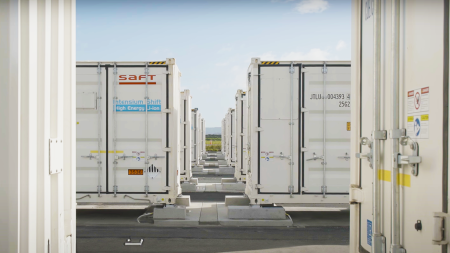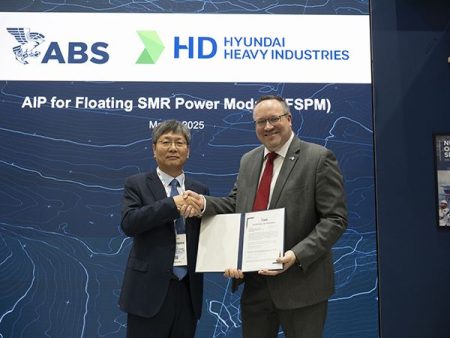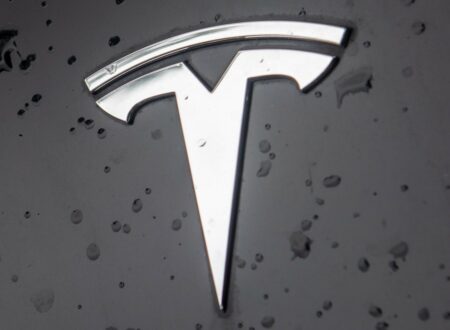Australia is making significant strides in securing the future of electric and hydrogen-powered vehicles on its roads by introducing stringent safety standards.
These new standards, known as Australian Design Rule (ADR) 109/00 and 109/01 for Electric powertrain safety requirements and ADR 110/00 for Hydrogen-fuelled vehicle safety-related performance, aim to ensure the safety of road users, first responders, technicians, and communities in the event of accidents involving these advanced vehicles.
Electric vehicles (EVs) have gained traction in Australia, offering lower maintenance costs, reduced fuel expenses, and lower CO2 emissions compared to traditional internal combustion engine vehicles. The surge in popularity makes it imperative to establish safety measures that address potential risks associated with high-voltage live parts, battery electrolyte, and compressed hydrogen leakage in case of accidents.
The Australian government’s decision to mandate these safety requirements aligns with its commitment to prioritizing safety while supporting the increasing uptake of electric and hydrogen-powered vehicles. By setting national safety standards now, the government ensures that Australians can enjoy the benefits of these vehicles while maintaining a robust safety framework.
The safety standards introduced are aligned with United Nations regulations, ensuring that Australian consumers have access to the safest vehicles from the global market at the lowest cost. The move to implement these standards responds to industry calls for a comprehensive safety framework, and it follows extensive community consultation to gather feedback on specific requirements, timing, and the types of vehicles covered.
To facilitate a smooth transition for vehicle manufacturers, the new safety standards will be phased in over the coming years. While manufacturers have the capability to meet these standards presently, the first compulsory compliance dates are set to take effect from November 2024. This phased approach allows manufacturers adequate time to adapt their processes and adhere to the safety guidelines effectively.








